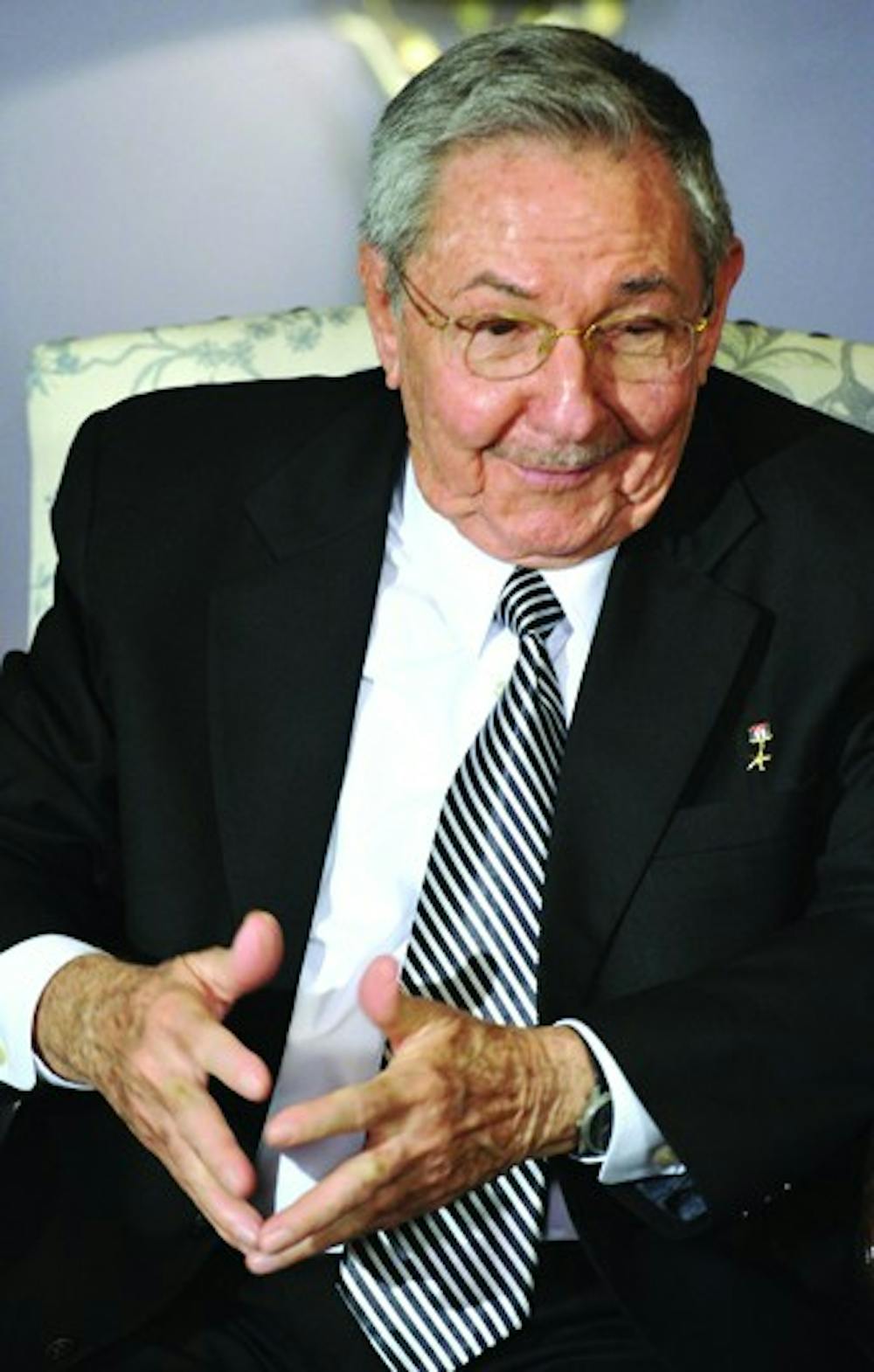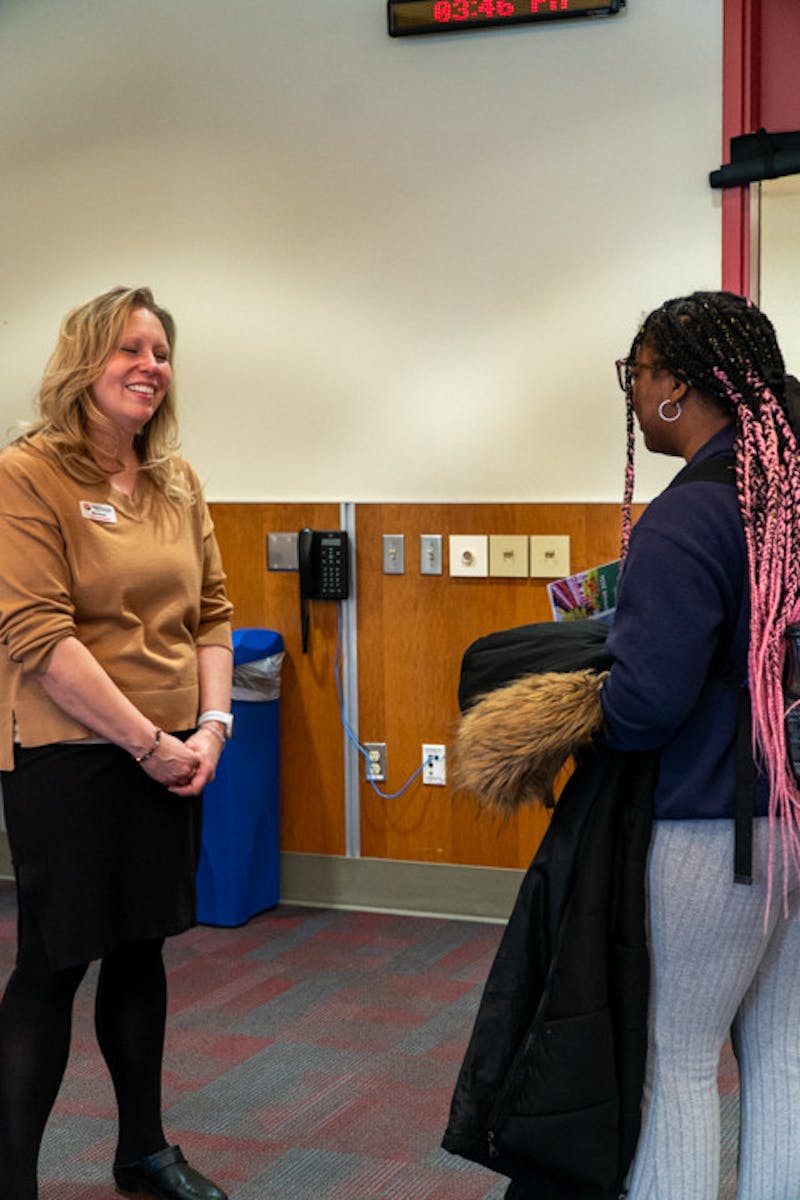Nearly 55 years ago, under the leadership of President Dwight D. Eisenhower, the U.S. placed a partial trade embargo on Cuba as tensions with the Soviet Union grew. While the world reorganized itself to either the west or the east side of the Iron Curtain, Cuba, an island nation little more than 90 miles from the U.S. shoreline, found itself allying with America’s rival, the Soviet Union.
When John F. Kennedy, a young Democratic president took office, he placed a full trade embargo on Cuba. Even after the end of the Cold War in 1991, the U.S. still did not lift trade and travel restrictions on its southern neighbor. It would take another young and Democratic president, Barack Obama, to bring diplomacy talks to the table.
“In the most significant changes in our policy in more than 50 years, we will end an outdated approach that, for decades, has failed to advance our interests, and instead we will begin to normalize relations between our two countries,” Obama said in his Dec. 17 speech, according to whitehouse.gov.
“Through these changes, we intend to create more opportunities for the American and Cuban people and begin a new chapter among the nations of the Americas.”
In December, the Obama administration announced it would use executive powers to overturn the historic trade embargo on Cuba to increase commerce and travel. The White House plans to move forward with the actions despite opposition found in Congress, according to the New York Times (NYT).
In his initial speech, Obama said that he plans to reopen an embassy in Havana, Cuba’s capital, and have high-ranking U.S. officials visit the nation.
The Huffington Post pointed out there are various benefits the two nations can profit from by working together, such as fighting the Russian Organized Crime (ROC) syndicate.
According to the Huffington Post, the ROC, which is similar to the triads in China and mafia groups of the U.S. and Sicily, is organized in the Caribbean and linked to human trafficking, the drug trade, smuggling, contraband and money laundering.
“Our best partner in fighting that crime over the past 15 years has been Cuba,” said Lawrence Wilkerson, a retired U.S. Army colonel and former chief of staff of Colin Powell. He added that collaborative efforts are expected to increase under the new policies.
The National Post reported that, while diplomatic discussions increased in January, the U.S. and Cuba ran into a roadblock when Cuban President Raul Castro demanded the return of the U.S. Navy base and detention center, known as Guantanamo Bay.
In a speech on Jan. 28, according to the BBC, Castro said, “The reestablishment of diplomatic relations is the start of a process of normalizing bilateral relations, but this will not be possible while the blockade still exists, while they don’t give back the territory illegally occupied by the Guantanamo naval base.”
The Obama administration responded, saying it plans to shut down the prison, which “only serves as a recruiting tool for al-Qaeda and other extremist organizations . . . but the naval base is not something that we believe should be closed,” Josh Earnest, the White House spokesman, said on Jan. 29.
“Now, where we disagree, we will raise those differences directly — as we will continue to do on issues related to democracy and human rights in Cuba,” Obama said during his speech. “But I believe that we can do more to support the Cuban people and promote our values through engagement,” Obama said.
“After all, these 50 years have shown that isolation has not worked. It’s time for a new approach.”




The Slate welcomes thoughtful discussion on all of our stories, but please keep comments civil and on-topic. Read our full guidelines here.